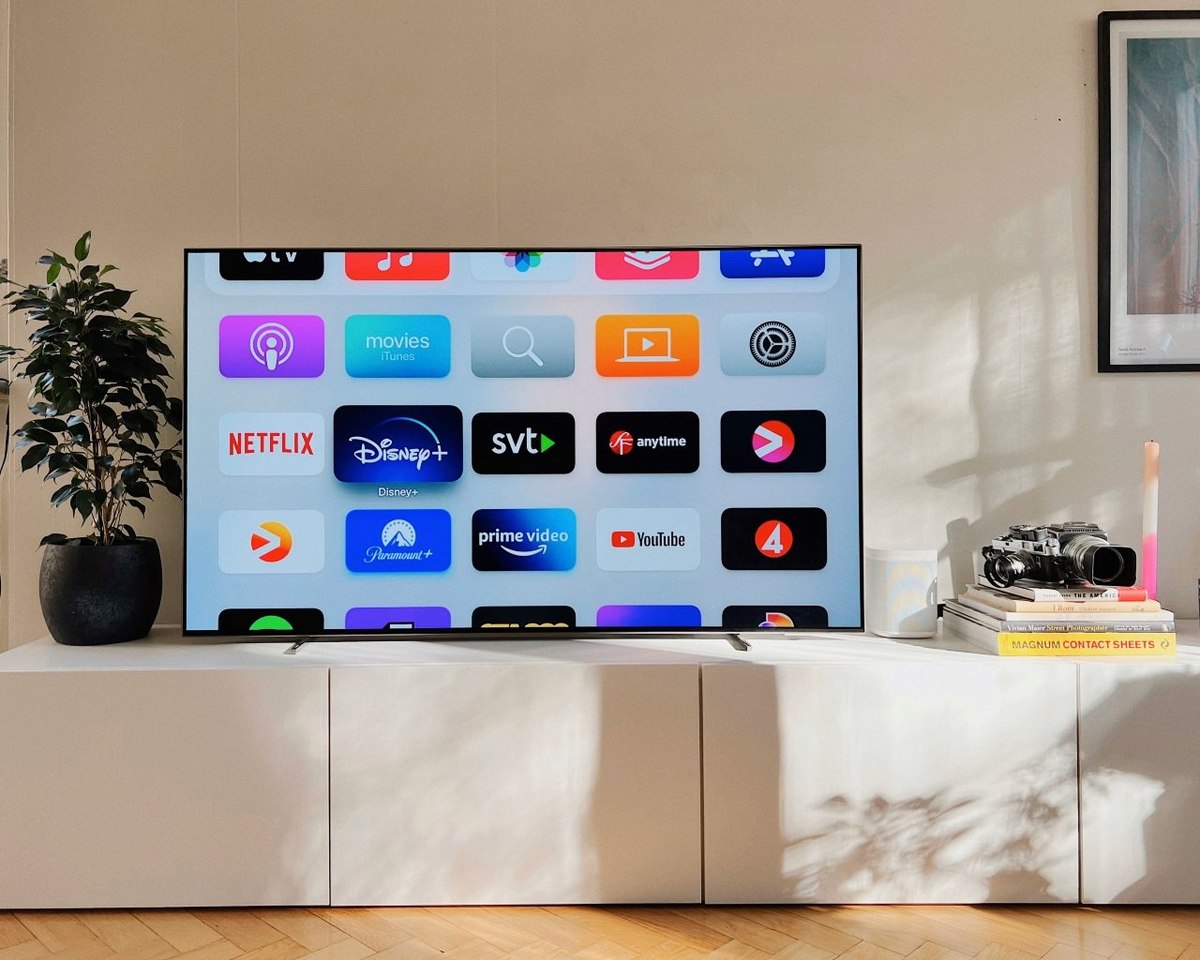
Is the rising cost of living the only reason why global users are canceling streaming subscriptions?
In an earlier YouGov survey, over a quarter of global respondents said they expect to spend less on streaming services this year. To find out why consumers have been cutting back on streaming subscriptions in the past six months, we conducted a new survey across 18 global markets.
According to data from the recent YouGov survey, the increased cost of living is the most likely reason for users to have cancelled their subscriptions. Among consumers who have cancelled a subscription in the last six months, around two-thirds of global respondents (66%) say it is to cut costs, a quarter (25%) say it’s because they’ve watched everything they wanted to and 20% each because there’s not enough original content and they’re swapping platforms.
In Great Britain, where the inflation rate is at a 40-year high, 80% of users say they cancelled their streaming subscriptions in the past six months because of the cost involved.
Along with Britain, Italy and Spain also register around seven in ten consumers who pick ‘to cut costs’ (72% and 70%) as their reason. However, consumers in the rest of the European markets who have not renewed a streaming subscription recently are less likely than the global audience to say it is to reduce expenses – Poland (63%), Sweden (63%), Denmark (64%), France (64%) and Germany (64%).
At least 50% of users in every market studied in this survey pick “to cut costs” as their reason for cancellations. In some markets this number is as high as seven in ten - Singapore (74%), Canada (73%), US (70%).
Consumers in China are least likely to pick cost as the reason for canceling streaming subscriptions (51%). But they are most likely to cancel subscriptions because they’ve watched all the content they wanted to watch (42%). More than a third of consumers in India (37%), Australia (35%) and UAE (33%) also follow suit outpacing global respondents (25%) who chose the same reason.
23% of Americans say they watched all the movies and series they wanted to on the platform. Nearly two in ten (19%) say they didn’t renew their subscription to one platform because they shifted to another service. Americans are also as likely to have cancelled due to the platform not having enough original content (19%).
Around a quarter of consumers in most of the APAC markets have swapped one platform for another – India (22%), Indonesia (23%), China (25%), Australia (27%) and Hong Kong (28%).
Singapore is the only market in this region to register less than two in ten consumers (15%) when it comes to this factor.
Delving deeper into the data reveals that women are likelier than men to cut back on expenses incurred due to streaming subscriptions - overall 63% and 69% respectively. This difference is visible in individual markets like Britain (78% and 82%) and US (68% and 73%), and some markets registering a marked difference - UAE (50% vs. 64%).
Explore our living data – for free
To receive monthly insights about media and content register here.
To read YouGov’s latest intelligence on the media industry explore here.
Get quick survey results from nationally representative or targeted audiences using YouGov RealTime Omnibus
Make smarter business decisions with better intelligence. Understand exactly what your audience is thinking by leveraging our panel of 20 million+ members. Speak with us today.
Methodology: YouGov RealTime Omnibus provides quick survey results from nationally representative or targeted audiences in multiple markets. The data is based on surveys of adults aged 18 and over in 18 markets with sample sizes varying between 513 and 2008 for each market. All surveys were conducted online in August 2022. Data from each market uses a nationally representative sample apart from Mexico and India, which use urban representative samples, and Indonesia and Hong Kong, which use online representative samples. Learn more about YouGov RealTime Omnibus.
































